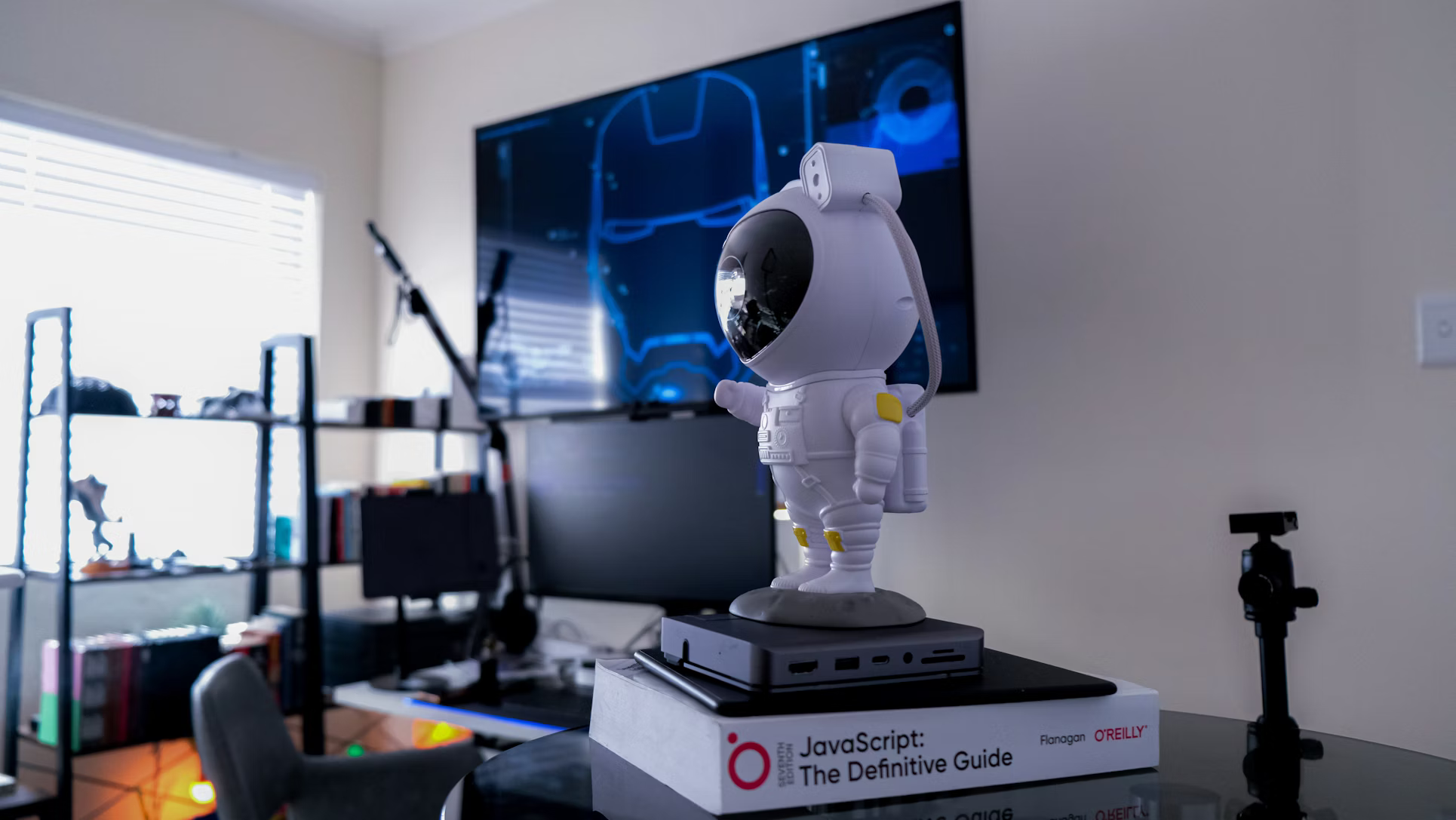Welcome to recursion, where functions call themselves like lost souls trying to find meaning. We’ll cover what recursion is, how it works, and how to keep your brain from crashing like your code.
What Is Recursion, Really?
Recursion is when a function calls itself to solve smaller parts of a problem until it reaches a base case—the point where it stops calling itself. It’s like looking into two mirrors facing each other: infinite reflections, until you finally realize you should stop staring.
In code, recursion usually has two key parts:
- Base Case: The condition that stops the recursion.
- Recursive Case: The part where the function calls itself.
If you forget the base case, congratulations—you’ve just created an infinite loop with extra drama.
A Simple Example
Let’s look at a simple recursive function that calculates factorials:
def factorial(n):
if n == 1:
return 1
return n * factorial(n - 1)Here’s what happens:
factorial(3)callsfactorial(2)factorial(2)callsfactorial(1)- Once
n == 1, it returns1and the stack starts unwinding.
The result?
factorial(3) → 3 * 2 * 1 = 6
It’s elegant—until you forget the base case and summon the recursion monster.
When Recursion Goes Wrong
Every recursive call adds a new layer to the call stack. If there’s no way out (no base case), your computer throws a “maximum recursion depth exceeded” error. Think of it as your computer’s way of saying, “I’ve had enough of your existential loops.”
Common causes of recursion chaos:
- Missing or unreachable base case
- Incorrect recursive step (calling the wrong thing)
- Overly large input (too many recursive calls)
Recursion vs. Iteration
You might wonder, “Why not just use a loop?”
Good question! Loops and recursion often solve the same problems, but recursion can make code more readable for tasks like:
- Tree traversal
- Searching directories
- Divide-and-conquer algorithms (like QuickSort or MergeSort)
That said, iteration is usually faster and uses less memory, so recursion should be used when it makes the logic simpler—not just because it looks fancy.
The Existential Takeaway
Recursion teaches us a philosophical lesson: sometimes, you have to call yourself to find the answer—but you also need to know when to stop. Without a base case, in life or in code, you’ll just keep repeating the same thing forever.
So next time you debug a recursive function, take a moment to reflect: maybe it’s not the function that’s lost… maybe it’s you.
Key Points to Remember
- Always define a clear base case.
- Check your recursive calls carefully.
- Test with small inputs first.
- Don’t overthink it—your function already does enough of that.
